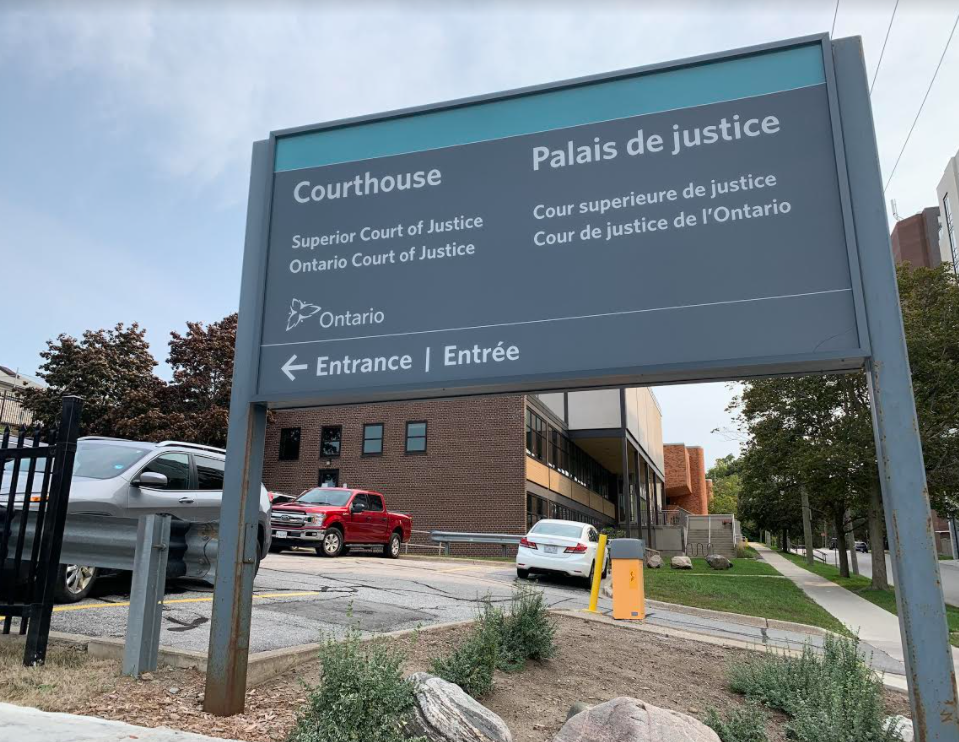The administration of justice is one of the most important aspects of any civilized society, so anything that hinders that should be addressed thoroughly and immediately.
The Barrie police department has a long-standing policy of withholding the names of people charged with criminal offences in this city. It goes back many years and they have held firm in their stance.
Meanwhile, virtually every other police force in the region — Ontario Provincial Police, South Simcoe Police Service, York Regional Police, not to mention farther afield in places like Toronto, Peterborough, Kingston, Brantford, and Sudbury — release the names of adults who have been charged of crimes, unless the accused's name could identify the victim in the case. Fair enough, we completely understand that in the media.
But when reporters can't follow a case through the courts, who is that really helping?
When names are withheld, it essentially blocks the media's ability to follow a case through the justice system to its ultimate conclusion. Without the name of the accused, courthouse staff, who are already overwhelmed, cannot track the information filed with the court and cannot help the news media as reporters attempt to provide fulsome coverage of a crime.
Justice issues should be covered from start to finish, period, but age and gender isn't nearly enough to narrow down a query.
To be clear, Barrie police does release names of people charged in high-profile crimes, such as homicides (although that may be more of a helpful investigative tool as opposed to keeping the public informed), but there have also been instances where an arbitrary call has been made by police officials to release other names, although they are few and far between.
Several years ago in my days as a crime reporter, a high-ranking officer informed me of a case they thought deserved coverage. Not only was it in the public's interest, but the officer thought we should highlight the hard work done by investigators. I couldn't have agreed more.
But when I asked for the name of the accused in the case, there was a pregnant pause. I was told to just go to the courthouse and it would jump out at me. Well, as you can imagine, that's not how the courts work. We can't just ask court staff about an unspecified case that might be interesting. A name and a birth date is often the minimum.
Overworked court staff simply can't chase down such ambiguous requests when they are already pinned down by day-to-day workings at the courthouse. They need a name to conduct any sort of search and provide any details, such as court dates and more information relating to the charges.
BarrieToday has taken the step of writing to the Barrie Police Services Board asking the police department to amend its policy on naming individuals who have been charged criminally. We are still waiting to hear back, but we can only hope the matter is at least discussed, and hopefully changed. We think this would benefit all media outlets in the Barrie area and not just us.
I also reached out to my news colleagues in other Ontario cities and confirmed most of their municipal police forces release the names of people who have been charged. Some question whether it does anything to deter crime; I suspect it does not. In fact, there is often backlash from the public seeing the same names over and over again, feeding into 'catch-and-release' debates.
This isn't about shaming people. It's about seeing the administration of justice carried through from beginning to end, and not halfway. That means reporting on verdicts — whether it's guilty or not guilty — and keeping the public informed about what is happening on their street, in their neighbourhood, and in their city.
In the end, it's the public that is left in the dark.



